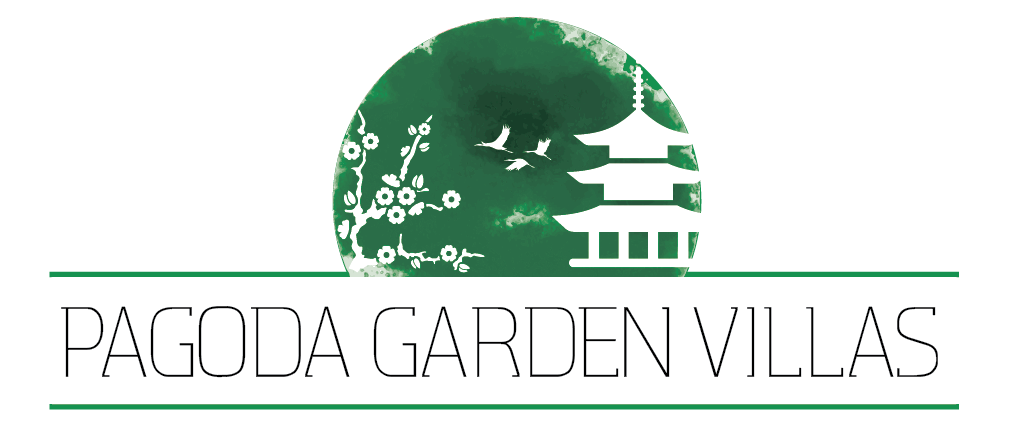Botanic Garden
Costa Rica's largest Collection of Exotic Species
The botanical grounds of Pagoda Garden Villas allow guests to view exotic flora that are not seen anywhere else in Costa Rica. The garden has over 350 species of palm trees, 110 species of heliconia, 120 species of plumeria, 140 species of bromeliads, over 30 species of gingers and a host of other exotics. The palm collection is the largest in the country. All species are grouped within their respective genus to allow for natural hybridization and taxonomical comparison. When possible, we try to place each genus in a part of the garden that represents a part of the world where it grows natively.
Jason Hughes, the co-owner, has been collecting plants and seed from all over the world since 2005. His mother-in-law Joyce, who lives fifteen minutes away, already had a beautifully landscaped yard when he first moved to Costa Rica. Jason took a liking to her heliconia collection and embarked on what would become the beginning of a fervent passion for exotic plants. Today he is actively involved in several circles related to growing these exotics and keeps up on the latest taxonomic changes. He keeps close contacts with top cultivars and botanists to ensure access to fresh new seed. Wilson Botanic Garden in San Vito, Costa Rica offered a wide variety of these plants to collect seed from and gave thegrounds a considerable collection almost immediately. As of late, most of the new additions are painstakingly imported. Costa Rica has rigorous flora import protocol to ensure protection of native species.
The garden is set on three acres of land with a wide variance of environmental variables allowing us to mimic native habitats. Three fifths of the property is comprised of primary rain forest. Large white stone pathways allow guests to roam throughout the rain forest and provide a higher probability for observing wildlife. Villas Licuala and Casa Caribaea are connected by the main trail that follows a stream serving as the Eastern border of the property. Several rare understory flora can be observed along this trail. It takes roughly ten minutes to walk the trail but several splinter trails offer shortcuts back to the central area.
Apart from providing guests with a unique botanic experience, the garden has a long term conservation objective. Many of the species that are grown here are either extinct or extremely endangered in their native habitats. Countries, such as Madagascar and Fiji, who are rapidly depleting their native environments are well represented here. We collect the seed with the objective of preserving the species through various conservation channels. In addition to conservation, we place an emphasis on taxonomy and regularly invite experts out to further our progress in this area. In 2013 we had the honor of naming a heliconia in the international database. The species is Heliconia Chartracea 'Uvita' which is named after our charming little coastal town and was only known from the plant growing in our garden.
We offer all guests a complimentary tour of the garden that involves a general description of the species. We also distribute limited amounts of seed as available to guests wanting to grow select species in their private gardens. We encourage you to look at every plant on your visit. It is easy to overlook many of the jewels on display here. We hope you enjoy the garden as much as we do!











